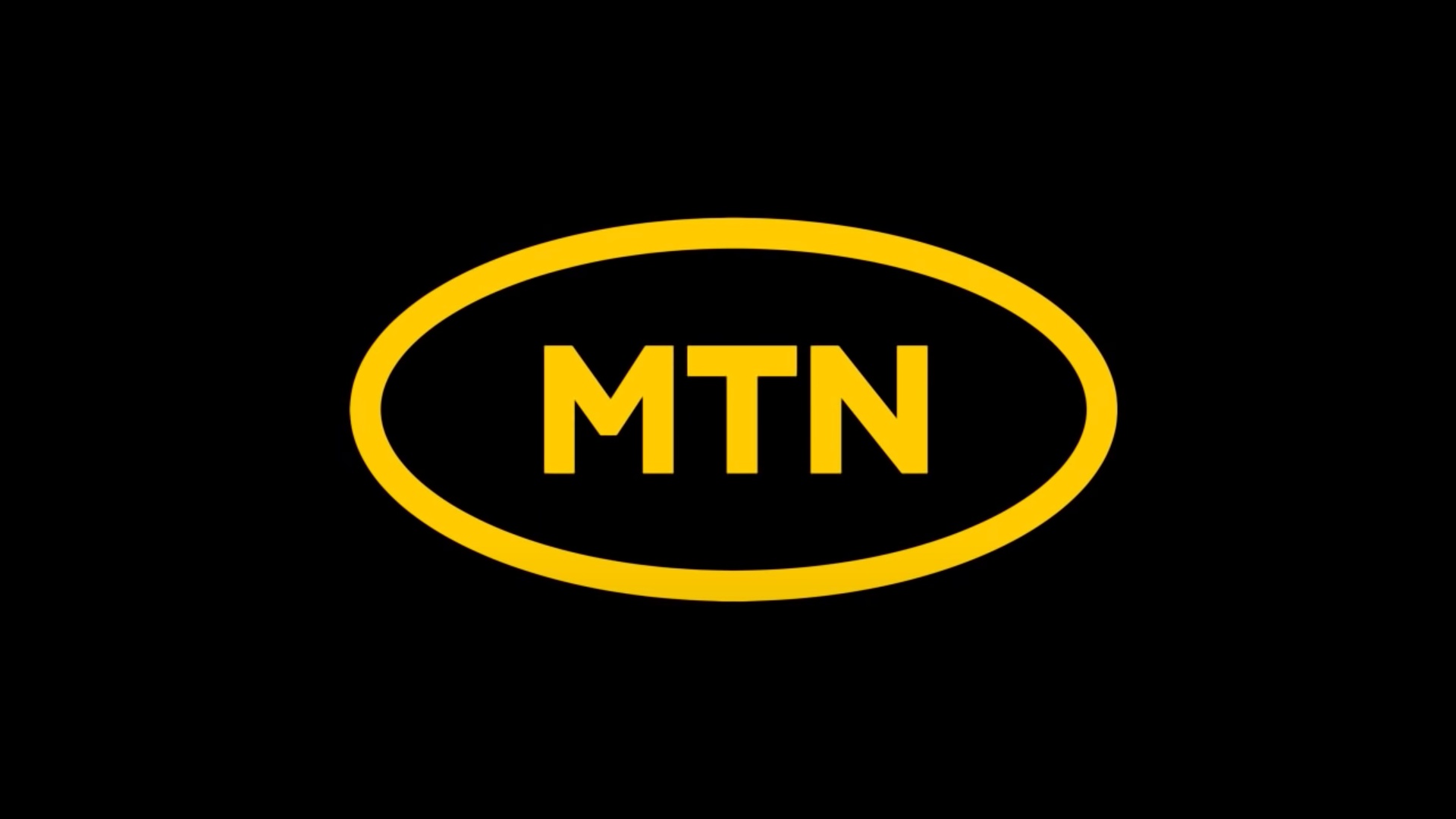- MTN wants to be one of the first telecoms in South Africa to be an independent power producer.
- The company aims to deploy five different forms of energy generation to accomplish this.
- These sources of energy generation will be housed at one plant at MTN’s Fairlands headquarters.
Like many companies in South Africa, MTN has been looking to make sizeable investments when it comes to ensuring that it is less reliant on the nation’s power utility, as well as being able to cope with extended bouts of loadshedding. To that end, the telecommunications company has made several significant moves of late, with it now aiming to become a standalone independent power producer (IPP).
MTN plans to do so by leveraging as many as five different forms of energy generation, including solar, gas, and battery systems.
All of this generation is said to be housed in one plant located at MTN’s head office in Fairlands, Johannesburg.
“The plant will be a first in South Africa with five different generation technologies being housed in one plant, with a full load of 4.5MW during load shedding. MTN SA’s head office hybrid facility currently has a 2MW gas trigeneration system, a 330kW Concentrating Solar Power (CSP) Plant and a fleet of backup diesel generators,” it explained in a press release sent to Hypertext.
“MTN SA now intends adding a 4MW Grid Tie Solar System (5MWp) and a 2MW/6MWh Battery Energy Storage System (BESS) to the existing plant. Phase 2 of the project will see a further increase in solar and battery energy with the potential opportunity to feed energy back to the power grid,” it added.

The move is said to drastically reduce MTN’s carbon emissions footprint, with the company wanting to achieve net zero emissions by 2040.
“We are pioneering embedded generation technology and making swift progress. Everything is on track for us to soon become an IPP in our own right, allowing us to better manage our energy when load shedding strikes,” outlined MTN CEO Charles Molapisi (pictured above).
“Once completed, our grid dependency will be significantly reduced. When load shedding starts, the facility will disconnect from the City Power grid and multiple non-interruptible power supplies (UPS) will power essential services. This provides time for the diesel generators to start and power each building in the facility,” he unpacked.
It will be interesting to see whether MTN can indeed become an independent power producer. If it is successful with the current plan, we would not be surprised to see other telecoms and large industry players adopt a similar approach in being less reliant on Eskom for power.

